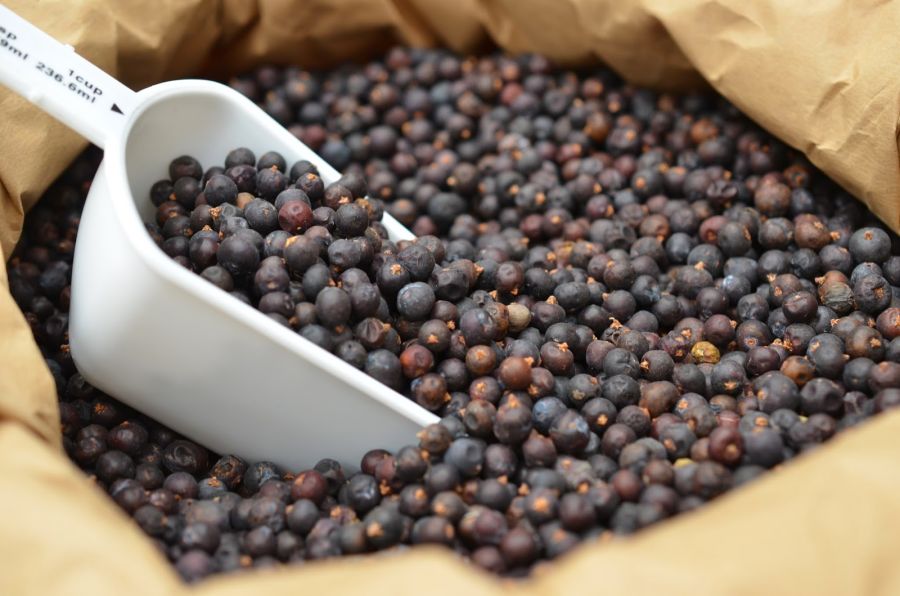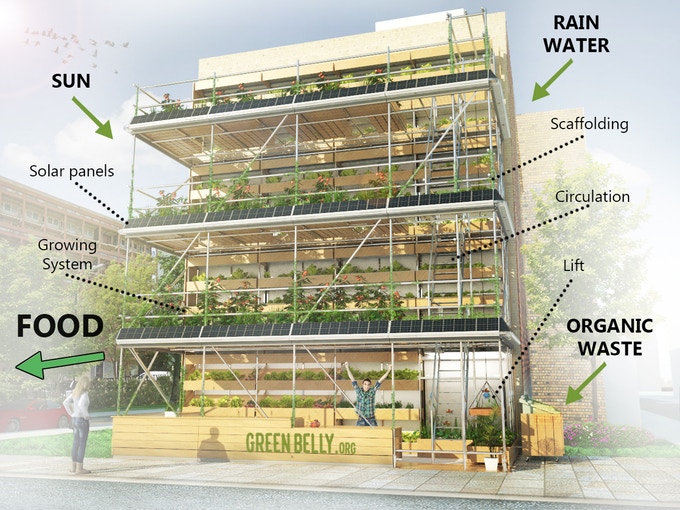
It is simple to create a garden from a balcony if you are familiar with the proper techniques. It is important to consider the orientation of your balcony when planning for a plant or planters. Each plant is different and will need different amounts of sun. You should choose plants that are suited to your balcony's orientation. For example, plants that are able to thrive in full sunshine need six to nine hour days of sunlight each day. However, plants that are able to thrive in partial shade or full sun require less than three-hours of sunlight each morning.
You can start by growing vegetables and herbs that thrive in filtered sunlight. Good sunlight is essential for vegetables and herbs. You should therefore consider the areas where they will get the best sunlight. These areas can be marked with plant pots, and you can then start planting. To grow fruits, you can choose small varieties of strawberries or raspberries that will thrive in your balconies. You won't need to grow them directly on your windowsill as they will grow towards the light.

You can also have a garden on your balcony. This is a great way for you to express yourself. You can make your own plant pots from old household items if you don’t have enough space or a tight budget. If you can't find a new pot, you can use an existing one, such as a wooden box or a plastic bin. Upcycling old containers can help you reduce waste and save money. Boxwood and dwarf fruit trees are all common container plants.
Container gardening is a great option if you are looking to have a garden on your balcony. You can use crates and tin cans as well as metal buckets to save room. Planters in different sizes are great for brightening up your garden. Planting herbs, flowers or vegetables depends on where you live. Some plants are hardier than others, so you might want to use a plant that can survive in a windy environment.
A balcony garden can provide a great space to grow herbs, vegetables, and other plants. The best thing about this kind of garden is that it is easy to care for and maintain. If you follow these simple steps, you'll be able to have a beautiful garden on your balcony without spending a lot of money. You will have your own personal oasis and a place to relax with family and friends. There's no reason why you can't make a garden on your balcony! You can even add a little seating space as well.

There are many factors to consider when growing plants from a balcony. Make sure your balcony is well-drained. Before you begin to plant, check the location of the faucets. A trellis can be used to support a small balcony. It can also hide your balcony's railings or walls and make a great decoration.
FAQ
Do I need special equipment to grow vegetables in my garden?
It's not true. All you need to do is use a shovel, trowels, watering containers, and maybe even a rake.
Can I grow vegetables in my backyard?
It's possible to wonder if you will have enough space for a vegetable or fruit garden if your current one is not available. Yes. A vegetable garden doesn't take up much space at all. It's all about planning. You could make raised beds that are only 6 inches tall. Containers can be used in place of raised beds. You will still get plenty of produce regardless of how you do it.
How many hours does a plant need to get light?
It depends on the plant. Some plants need 12 hours direct sunlight each day. Others prefer 8 hours in indirect sunlight. Vegetables require at least 10 hours of direct sunlight per 24-hour period.
Statistics
- Most tomatoes and peppers will take 6-8 weeks to reach transplant size so plan according to your climate! - ufseeds.com
- According to a survey from the National Gardening Association, upward of 18 million novice gardeners have picked up a shovel since 2020. (wsj.com)
- 80% of residents spent a lifetime as large-scale farmers (or working on farms) using many chemicals believed to be cancerous today. (acountrygirlslife.com)
- It will likely be ready if a seedling has between 3 and 4 true leaves. (gilmour.com)
External Links
How To
How to Start A Garden
Starting a garden is a lot easier than people think. There are many methods to get started with a garden.
A local nursery can be a good place to get seeds. This is probably the easiest way to start a garden.
You can also find a plot for a community garden. Community gardens can be found near schools, parks, or other public places. Many of these plots include raised beds for vegetables.
You can start your garden quickly by planting a container garden. You will need a small container or planter to start your container gardening. Then plant your seedlings.
You could also purchase a kit that is already assembled. You will find everything you need to begin a garden in a kit. Kits can even include tools and supplies.
The best thing about starting a garden is that there are no rules. You can do what suits you best. You just need to follow some guidelines.
First, determine what type of garden design you want. Do you want a large garden or a small one? Or do you prefer to grow a few herbs in pots instead?
Next, determine where you will be planting your garden. Do you plan to use a container or will you plant in the ground? Or will you plant in the ground?
Once you've decided what type of garden you want, you can start looking for the materials.
It is also important to consider how much space your apartment has. A city apartment may not allow for a large garden.
Now you are ready to start building your garden. Preparing the area is the first step.
This means removing any weeds and debris. Next, make a hole in the ground for each plant. The holes should be deep enough that the roots don't touch the sides during growth.
The holes can be filled with topsoil, compost, or other organic matter. Add organic matter to help retain moisture.
After the site has been prepared, you can add the plants. It is important not to crowd them. They need room to spread their roots.
As plants grow, continue to add organic matter. This helps prevent disease and keeps the soil healthy.
You can fertilize plants as soon as you see new growth. Fertilizer encourages strong root systems. It also promotes faster growth.
You should continue watering your plants until they reach full maturity. When this happens, harvest the fruits and enjoy!